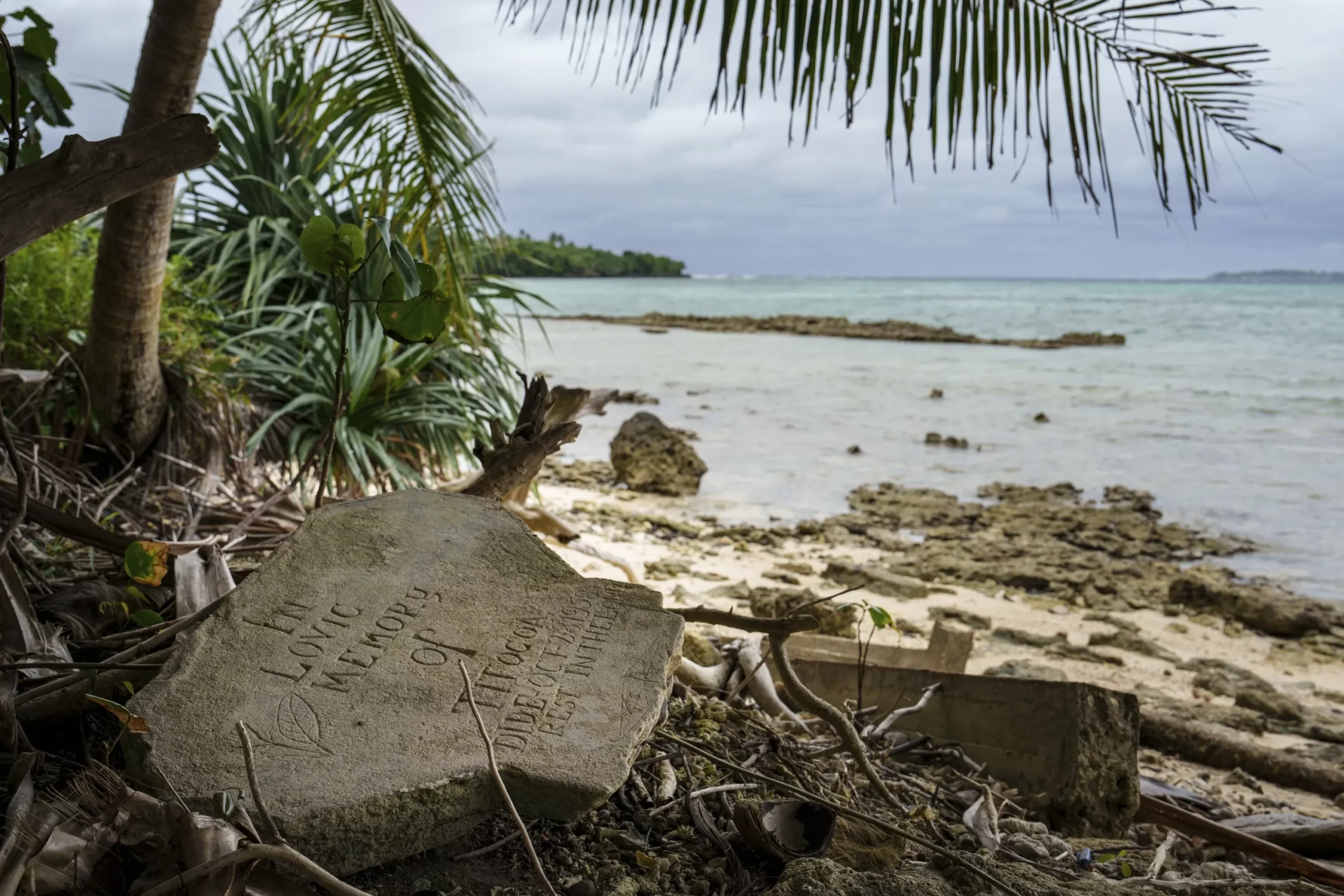The United Nations’ top court made a historic decision on Wednesday, declaring that countries who fail to take action on climate change may be violating international law. This sweeping legal opinion could potentially reshape the way nations approach environmental issues, and send a powerful message to all governments about the urgency of addressing climate change.
The International Court of Justice (ICJ) issued the ruling after a group of small island nations, including the Maldives, Marshall Islands, and Tuvalu, took legal action against major polluting countries. These island nations have been significantly impacted by rising sea levels and extreme weather events, which they argue is a direct result of the actions of larger, industrialized nations.
The ICJ concluded that all nations have a legal obligation to prevent the harm caused by climate change, and that failing to take action could constitute a violation of international law. The court urged all countries to work together to reduce greenhouse gas emissions and limit the devastating effects of climate change.
This decision marks a significant milestone in the fight against climate change, as it recognizes the responsibility of all nations to protect the planet and its inhabitants. The court’s ruling is a clear indication that the international community cannot sit back and watch as our planet suffers from the effects of human-caused climate change.
The verdict has been welcomed by environmental activists and experts, who have long called for stronger measures to combat climate change. It sends a powerful message to world leaders that urgent and decisive action is needed to address this global crisis. The ICJ’s decision is a call to action for all countries to come together and make bold and meaningful changes to protect the environment and secure a sustainable future for generations to come.
The ruling also highlights the need for international cooperation and solidarity in the face of a common threat. Climate change knows no borders, and its effects are felt by all nations, regardless of their level of development. The ICJ’s decision serves as a reminder that we are all in this together and that the only way to address climate change is through collective action.
Moreover, the court’s decision could have significant implications on the global stage. Countries that have been hesitant to commit to reducing their carbon emissions may now be forced to take action in order to comply with international law. This could lead to a shift in global policies and practices, leading to a cleaner and more sustainable future for all.
The ICJ’s ruling also serves as a wake-up call for governments to prioritize the environment and invest in renewable energy and sustainable practices. It is clear that the current path we are on is not sustainable, and immediate and concrete action is needed to mitigate the effects of climate change.
Furthermore, the ICJ’s decision sets a precedent for future legal action against countries that fail to take necessary measures to address climate change. This could motivate governments to act proactively, knowing that they could face consequences if they neglect their environmental responsibilities.
In conclusion, the International Court of Justice’s decision is a landmark moment in the fight against climate change. It sends a strong message to world leaders that the time for action is now, and that inaction is not an option. The ruling serves as a reminder that we all have a responsibility to protect our planet, and it is only through collective action and international cooperation that we can tackle this global crisis. Let us use this ruling as a catalyst for change and come together to create a more sustainable and prosperous future for all.





![Complete BritRail Pass Guide [Types, How to Use It, Pros + Cons]](https://inside-news.uk/wp-content/uploads/2025/06/00221EB4-BCA2-4DBB-6CD4-83DBC37D71FA-120x86.webp)
















